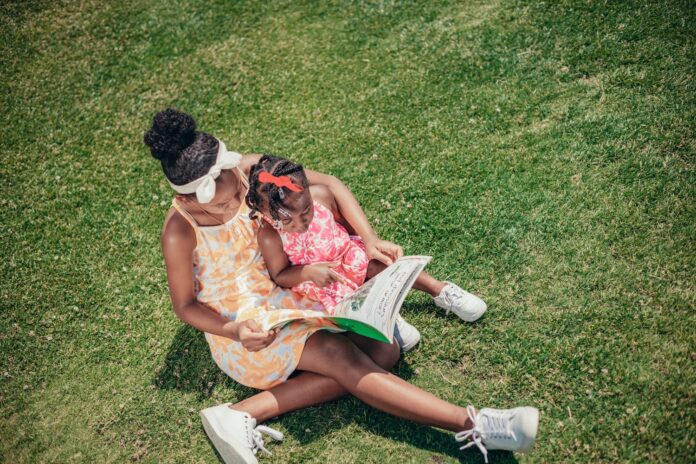
By
At least once a year, students come to school with money they saved up, or a sealed envelope sent by their parents or guardian, for the annual Scholastic Book Fair. It’s an integral part of students’ yearly calendar festivities, giving them an opportunity to pick whatever their heart desires.
The nationwide book fairs allow students to discover books of their interest and pick what reads they want. It can be the latest book from a popular comic series like “Captain Underpants,” or the newest shiny pencil on display, but for over 40 years, Scholastic has tried to “empower” kids to choose their own books and school supplies, which it calls a “milestone opportunity” for students “to identify and express their own voice.”
But earlier this month, the organization announced a plan to segregate books on race, gender, and sexuality, leaving authors, education professionals, and parents criticizing the decision, especially when censorship and book bans through education facilities are at a high. That decision has now been reversed.
The decision to create the “Share Every Story, Celebrate Every Voice” collection, which included 64 controversial titles that elementary schools could choose to include or exclude from their book fairs, was made earlier this year. In the official statement, Scholastic said the decision to segregate the books was made to reduce the risk of “teachers, librarians, and volunteers vulnerable to being fired, sued, or prosecuted” for hosting these books in a district that has banned them.
In creating the sentiment that including this collection of books in an elementary school book fair was optional, Scholastic caused an uproar across social media and within those very librarians’ walls they were trying to keep out of harm’s way.
Scholastic clarified in the original statement that the separate collection was intended to ensure kids can access books that are targeted by book bans across the country.
“We don’t pretend this solution is perfect — but the other option would be to not offer these books at all — which is not something we’d consider,” the organization said.
In the latest update, Scholastic apologized for the harm caused by its separate catalog and said it would be discontinued beginning in January when their next book fair season begins. Scholastic also pledged to “redouble our efforts to combat the laws restricting children’s access to books.”
Youth poet laureate Amanda Gorman, who read one of her poems at President Joe Biden’s inauguration, was one of the authors whose book “Change Sings” was listed for schools to opt in or opt out of including in their book fair. A book fair, she said, would never “censor her words.”
“It honestly feels like a betrayal,” Gorman wrote on Instagram about Scholastic’s initial decision to create a separate catalog of diverse books “As an elementary student, for weeks, I’d save every single penny I had for the Scholastic Book Fair, because it felt like a safe place to explore and choose for myself what books I wanted to read, what stories I wanted to find representations of myself in.”
“The Scholastic book fair and catalogue opened the world to me and made me excited to read and own books,” author Nikole Hannah-Jones wrote on Twitter. “Imagine children now made to feel that stories of children like them are optional or shameful.”

